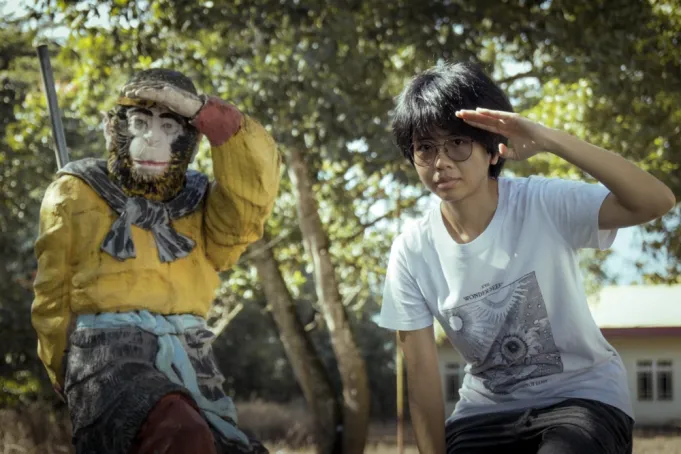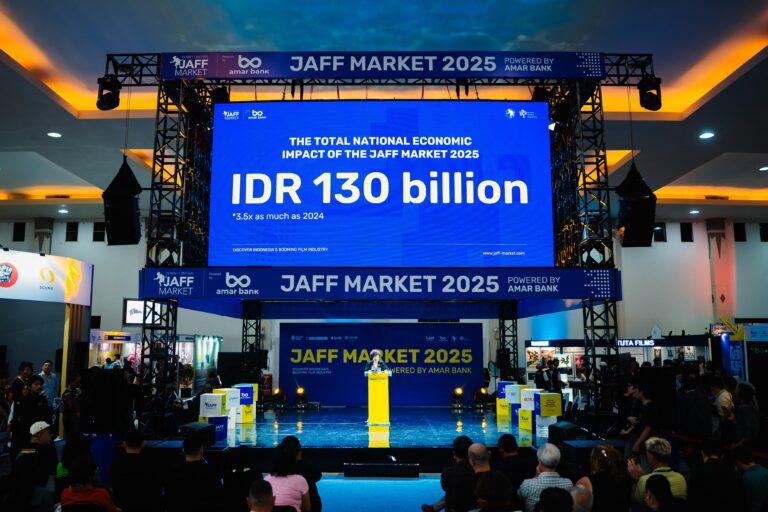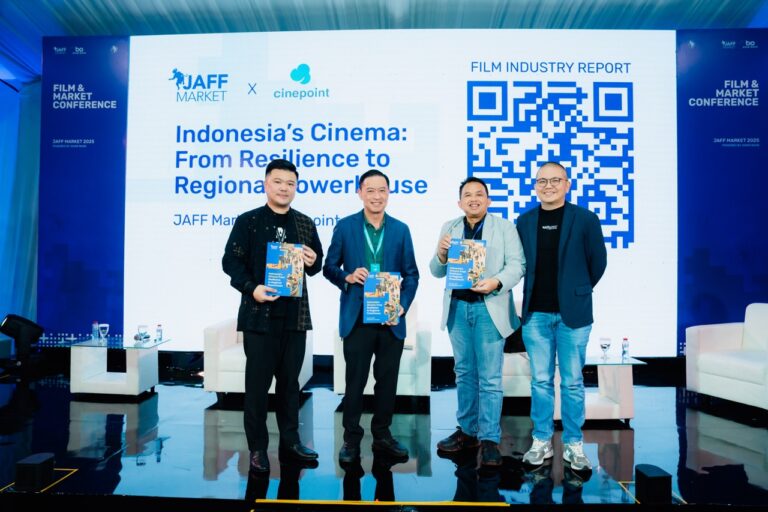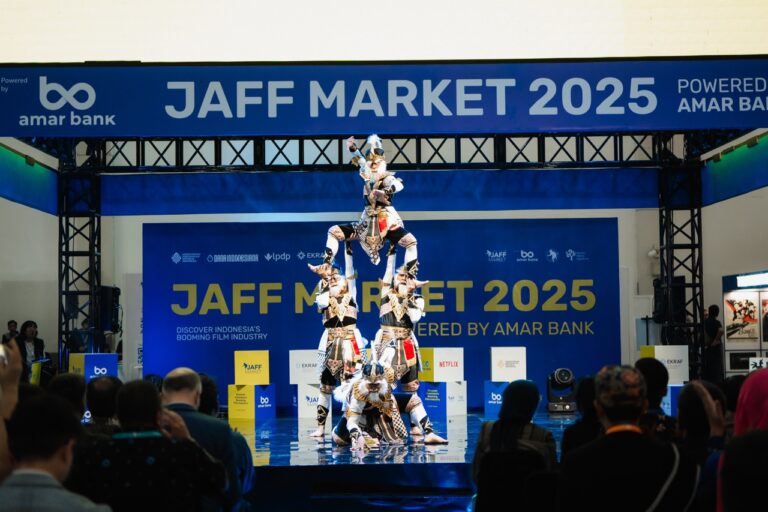Chinese-Indonesian Documentary Explores Identity Through Family Rituals at JAFF Market
17
Feb 2025
A new documentary project, “Me, My Mother’s Favorite Monkey” (Aku, Monyet Kesayangan Ibuku), helmed by director Ivonne Kani, examines Chinese-Indonesian identity through the lens of intergenerational family dynamics at the inaugural JAFF Market in Yogyakarta.
The film follows Kani’s year-long journey exploring her cultural heritage through traditional Chinese rituals including Chinese New Year, Tomb Sweeping Day (Qing Ming), and the Winter Solstice Festival (Dongzhi). Drawing parallels to the Monkey King from “Journey to the West,” Kani documents her relationship with her mother while addressing the complexities of being ethnic Chinese in Indonesia.
“Through this film, I aim to confront the tension between my personal choices and my family’s cultural expectations,” says Kani, who positions herself both behind and in front of the camera wearing a golden headpiece inspired by Sun Wukong (the Monkey King). Her journey is particularly influenced by observing her mother’s experience with menopause, prompting reflections on societal expectations for women.
The documentary employs fire as a recurring visual motif, appearing in various forms including burning incense, altar candles, and ritual offerings. These elements connect to deeper themes of unspoken trauma within the Chinese-Indonesian community, stemming from historical periods of violence and oppression.
Producer Frederica Nancy connected with the project’s themes on a personal level. “Whenever I say I can’t speak Chinese, I sometimes find some sort of ‘Oh that’s too bad’ expression from the people who ask. Believe me, I feel that too,” Nancy says. “Why do I feel so distant from my roots, when I never intentionally reject them?”
The documentary addresses the lasting impact of the Suharto regime’s New Order restrictions on Chinese language and cultural practices, which were lifted in 1998 but continue to influence the Chinese-Indonesian community’s sense of belonging.
The project is being presented at the JAFF Market, running Dec. 3-5 alongside the Jogja-Netpac Asian Film Festival, where the team hopes to strengthen connections within Indonesia’s documentary ecosystem. “We hope that documentaries can meet a broader community of people,” says Nancy, emphasizing their goal to “strengthen the Indonesian documentary ecosystem, nationally and globally.”
The film aims to serve as a micro-history, offering insight into the experiences of ethnic Chinese living outside China while exploring universal questions of identity and belonging.
“Me, My Mother’s Favorite Monkey” is at the market’s Future Project platform.
By Naman Ramachandran



